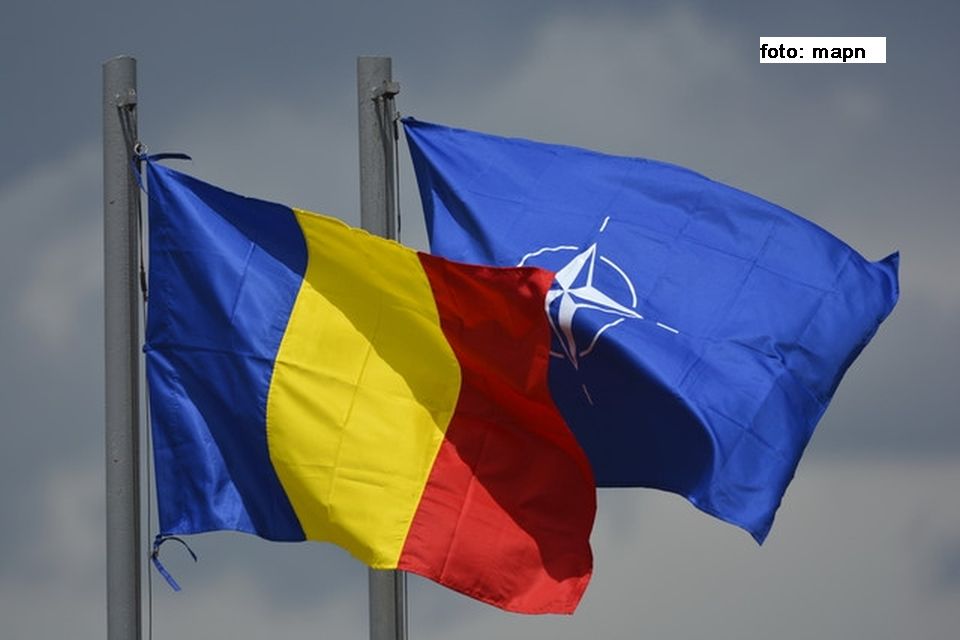Romania can’t join the Euro zone
Romania would like to join the Euro zone, but the latest European Commission Convergence Report shows Bucharest does not meet all the criteria yet.

România Internațional, 08.06.2016, 13:47
Romania does not yet comply with the necessary conditions to adopt the single currency, shows the 2016 Convergence Report issued by the European Commission on 7 June. Six other EU member states, which got derogation from the EC – Bulgaria, Hungary, Poland, Croatia, the Czech Republic and Sweden – are in the same situation.
The report concludes that none of these countries fulfils all five conditions for adopting the euro at this stage. Romania meets only three of them, namely those related to the stability of prices, to the public finances (a budget deficit below 3% of the GDP and a public debt below 60% of the GDP) and to the interest rates.
Referring to the inflation rate, with the exception of Sweden, all analysed countries register inflation rates below 0.7%. Although the inflation rate stays in the negative domain in Romania, there is a future risk of inflationary pressure, which might emerge in the country, a fact that should be taken into consideration by Bucharest authorities, the report issued by the European Commission also shows.
Another criterion met refers to the interest rate, with a 4% set reference rate. All analysed countries meet this criterion, reporting interest rates below this level. In exchange, the Romanian legislation is not perfectly harmonised with the provisions of the Maastricht Treaty, and it does not observe the exchange rate condition, either.
Actually, none of the seven aforementioned countries meets the criterion referring to the exchange rate stability, because they didn’t pass the exchange rate mechanism preceding the adoption of the Euro. However, the leu-Euro exchange rate has registered relatively limited fluctuations over the past two years, as compared to other national currencies in the region. The convergence report analyses other factors, too, among which the balance of payments and the integration of financial markets, which offer an image of the member states’ capacity to join and get integrated into the Euro zone without difficulty.
According to the Commission, Romania’s economy is well harmonised with the Euro zone, in terms of both trade exchanges and investment. The volume of trade with the Euro zone member states reached 25% of Romania’s GDP in 2015. As regards the financial sector, the report shows it is consistently integrated into the EU, due mostly to a massive presence of foreign banks, but with a low degree of financial intermediation.
In another move, the performance of the business environment in Romania is weaker than in most EU member states. Bucharest had set a precise date to join the Euro zone, mid 2019, but this target can no longer be reached. The government has announced Romania is further committed to adopting the single European currency, but a new date will be made public when the country is ready to join the Euro zone.






























